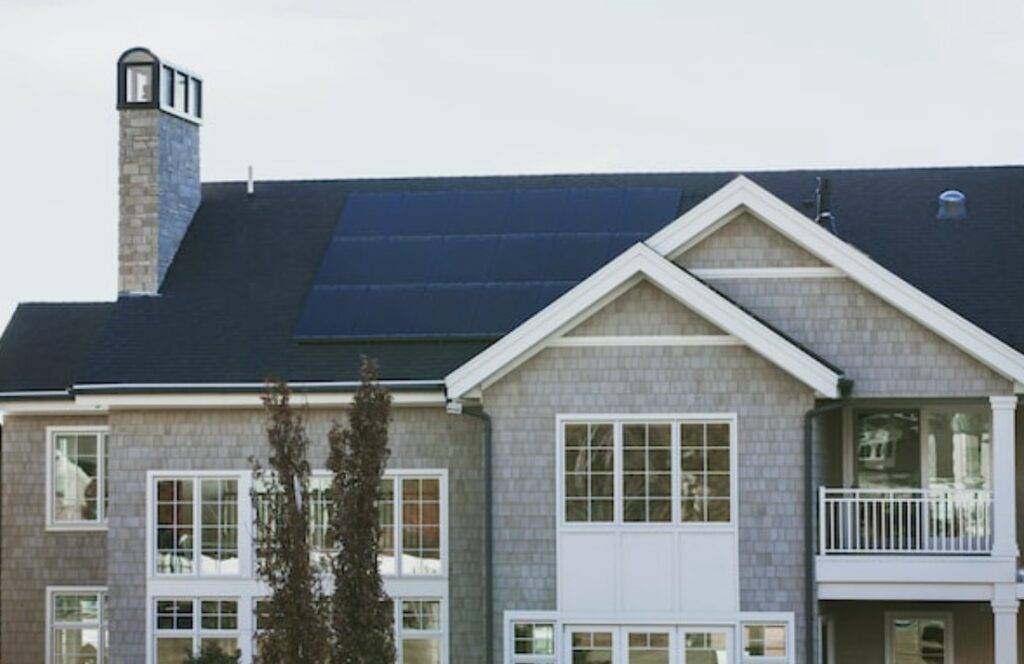Solar energy is one of the most talked about forms of renewable energy. It has the potential to transform the way we power our homes and businesses completely. But, there is still a lot of confusion about solar energy. In this article, we’ll answer some of the most frequently asked questions. Keep reading to learn more about solar energy.
What are the benefits of solar energy?

Solar energy is a source of renewable energy that comes from the sun. It’s a free and unlimited resource, making it an attractive option for many homeowners and businesses. Solar energy systems use photovoltaic cells to convert sunlight into electrical power.
Solar energy is also cost-effective. Once you’ve installed a solar system, the cost of generating your own electricity is greatly reduced. You can use a solar calculator to estimate your solar potential and savings by address quickly. In addition to energy cost savings, most states offer tax incentives or rebates for installing a solar system, which can further reduce the cost.
In addition, solar energy is environmentally friendly and renewable. It doesn’t produce harmful emissions like traditional forms of electricity generation such as coal-fired power plants. Solar energy also doesn’t rely on finite resources like oil and gas, making it a sustainable source of power for the future.
Finally, solar energy helps reduce our dependence on foreign oil. By generating our own electricity from the sun, we can reduce our reliance on oil imports from other countries. This makes us less vulnerable to price fluctuations and supply disruptions overseas.
Is solar energy reliable?

Solar energy is reliable because it’s a consistent and predictable source of energy. It’s available every day, and it doesn’t require any fuel. However, solar energy is dependent on weather conditions that can affect its availability. Due to the dependence of your solar energy system on sunlight for its power production, it will produce a bit less electricity when cloud cover is present. Moreover, no electrical output can be created during night-time hours. With most systems, however, the solar energy that’s garnered during sunny days can be stored and used during times of reduced productivity.
Despite the reliance on weather conditions and daylight hours, solar panels are still considered an advantageous financial decision. Even in locations where clouds often appear, transitioning to solar can be wise due to high electric rates and potential incentive payments from local governments.
What happens if I move?
If you move from a house with solar panels to one without, you’ll need to have the solar panels disconnected and removed from your old house and reconnected and installed at your new house. The cost of having this done may be high, so it’s necessary to factor this into your moving budget. Additionally, if you move out of state, your solar panels may not be able to produce energy at the same rate as they do in your current location due to changes in weather patterns and sunlight exposure.
Can I install solar panels myself?

While it’s possible to install solar panels yourself, it’s not recommended. Installing solar panels incorrectly can lead to decreased performance and even system failure. A professional installation will ensure that your system is set up for optimal performance and that all safety requirements are met.
A professional installation considers important factors like shading, roof orientation, and local weather conditions to optimize your system’s performance. They’ll also ensure that your system is installed safely and according to all applicable codes and regulations. This peace of mind is worth the investment, as an improperly installed system can be dangerous and may not meet local building or electrical codes.
Solar energy is a vital part of the future of energy. It’s renewable, efficient, and environmentally friendly, making it a valuable resource for many homeowners. If you’re considering a transition to solar energy, it’s crucial that you speak to a professional in your area to understand and make the most of this resource.




















